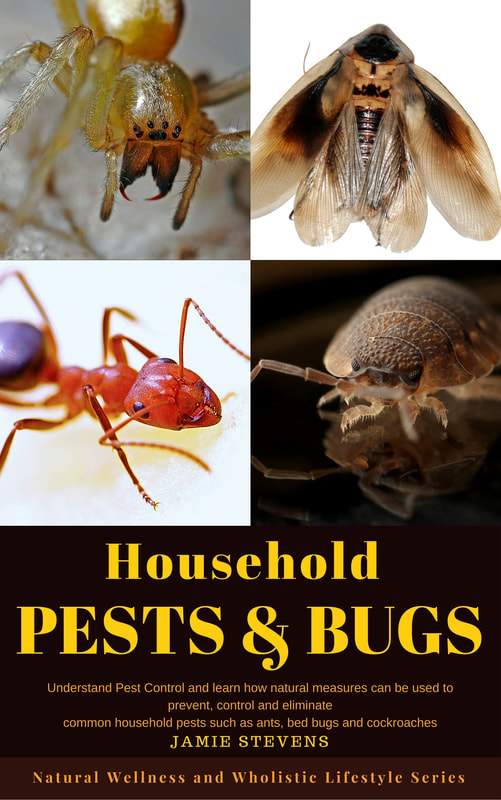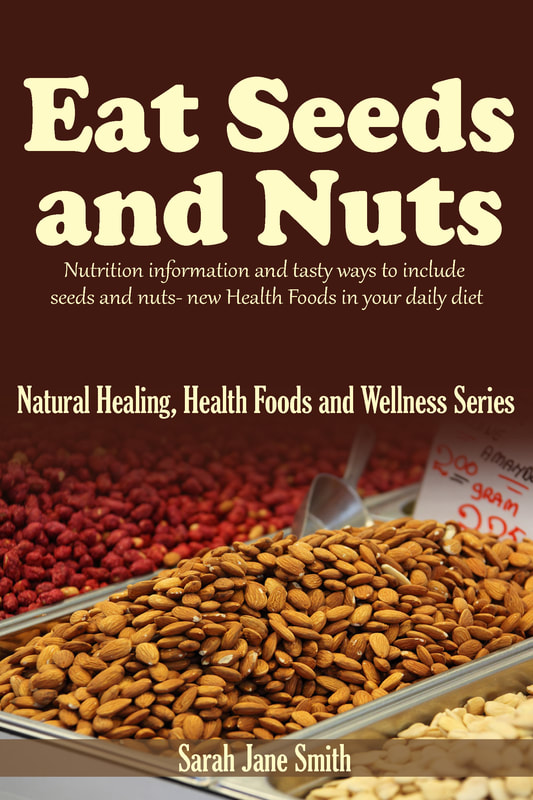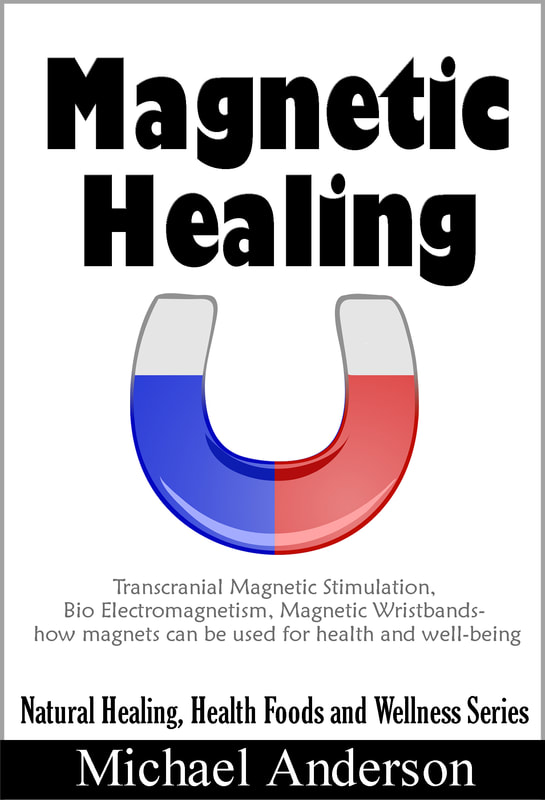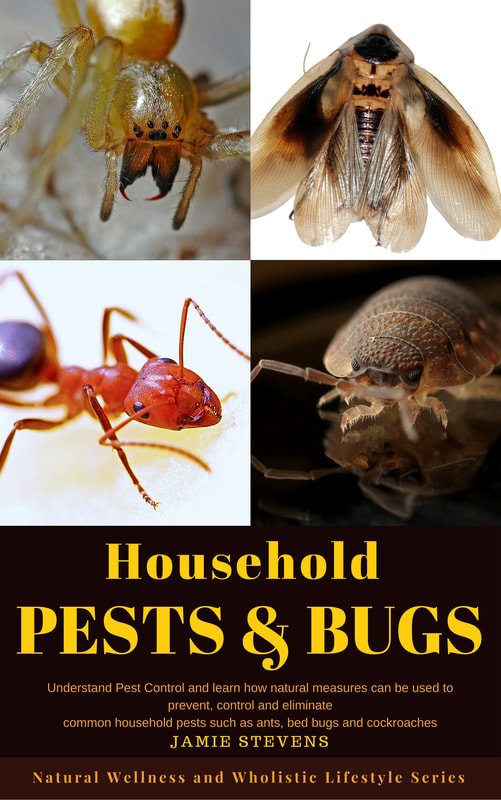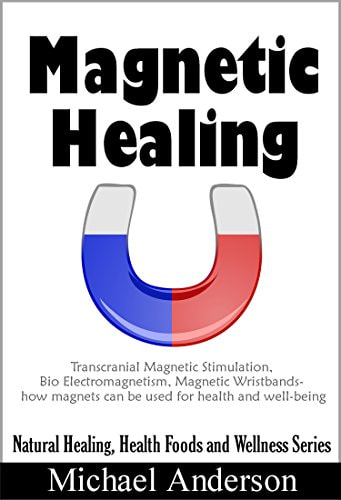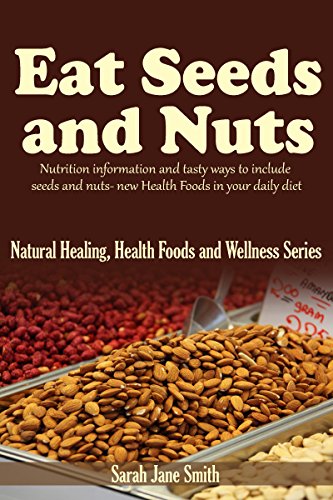Contrary to popular belief, organic does not always mean that it is environmentally friendly, though that is often the case due to production methods.
Organic foods claim to fame is the fact that the methods of production and farming are often controlled and monitored to ensure the low risk of contamination from food and therefore producing food of higher quality.
The main reason organic foods are significantly better than regular foods is that they are prohibited from using irradiation, fertilization from sewage sludge and genetic engineering. These three practices have been found to have a negative effect on the environment and health.
| |
By eliminating the chances of these practices, the quality of food is much greater and safer, reducing health risks related to contaminations from food. Consuming organic foods is a positive step in reducing exposure to many food contaminations through typical production methods.
The contaminants found in typical agricultural methods are often loaded with pesticides, some of which have properties that can cause cancer. Other contaminants include heavy metals, like mercury and lead, as well as solvents such as toluene and benzene.
Reducing exposure to these dangerous toxins can greatly improve your health. Heavy metals are known to contribute to various diseases such as multiple sclerosis. Solvents have been found to lower the body’s immune system and increase the risk of infections.
While it is a common topic of skepticism on whether or not organic foods are that much better, there is enough research to show that organically produced foods do have less contaminants and higher quantity of nutrients.
In terms of nutritional content, vegetables and fruits that are organically grown average 15% increase of nutrients than conventional ones.
Research continues to be ongoing. Regardless of your beliefs, foods that are low in contaminants and high in nutrients are undeniably better for your health. Stay away from heavy metals, pesticides and solvents to increase your health.


